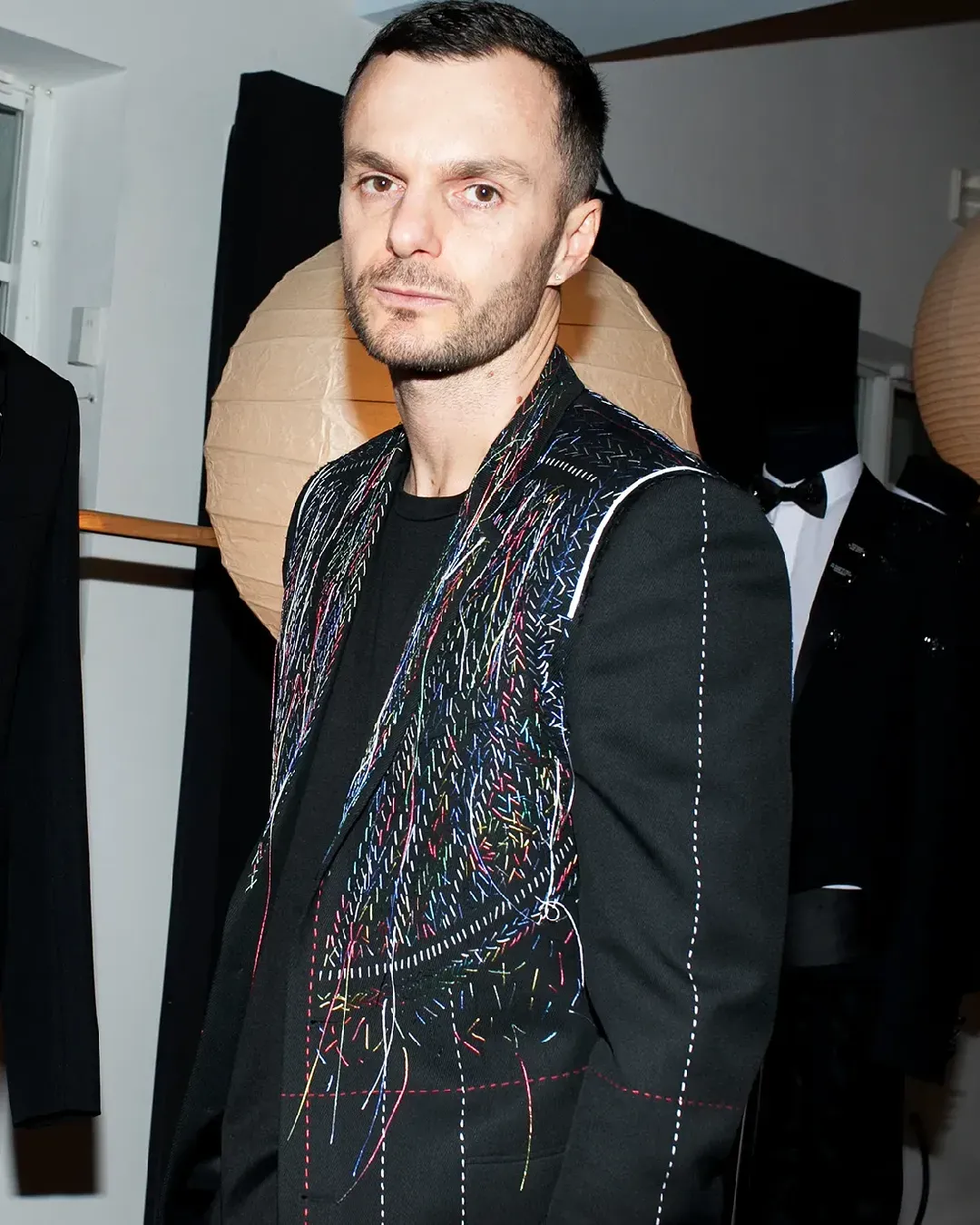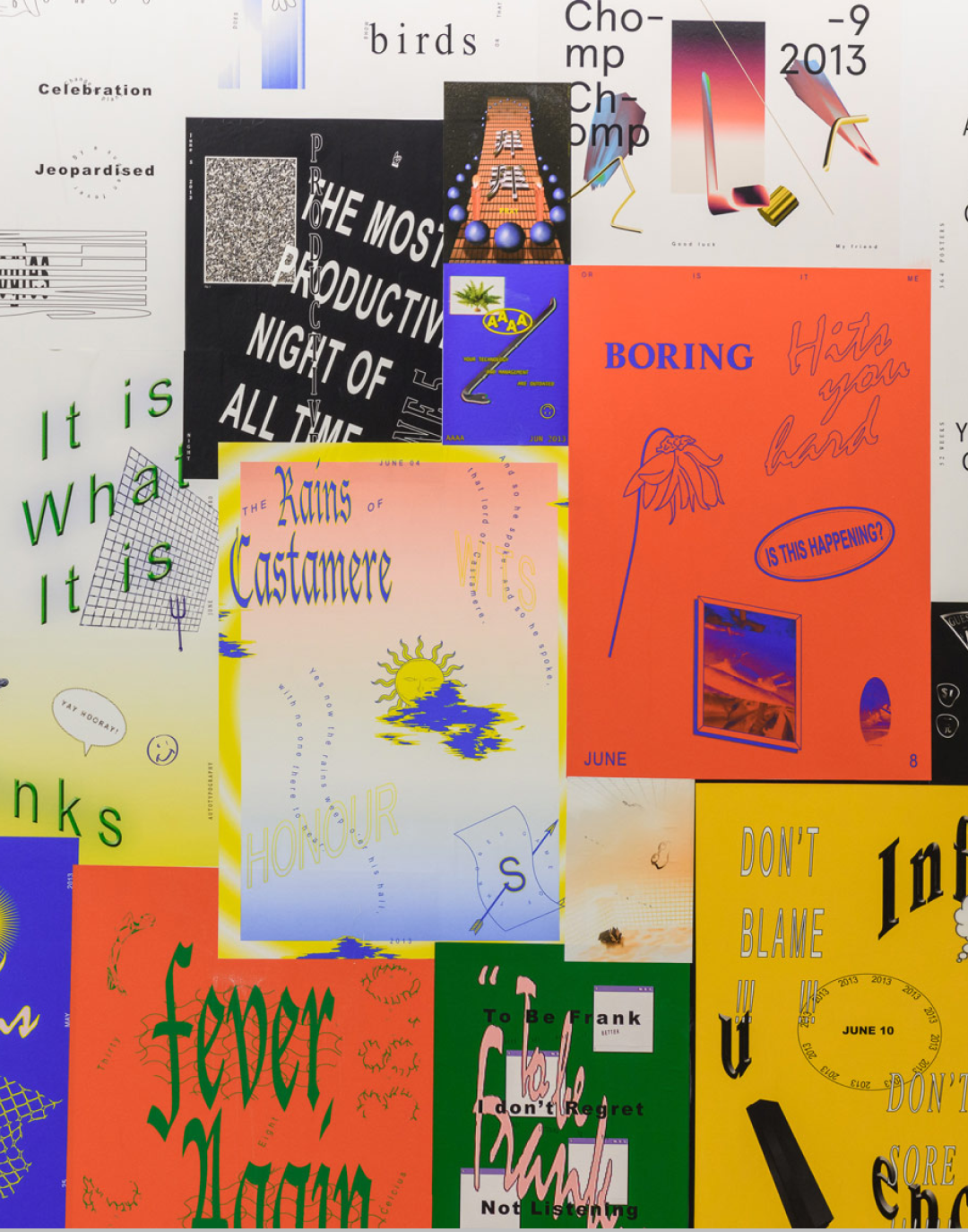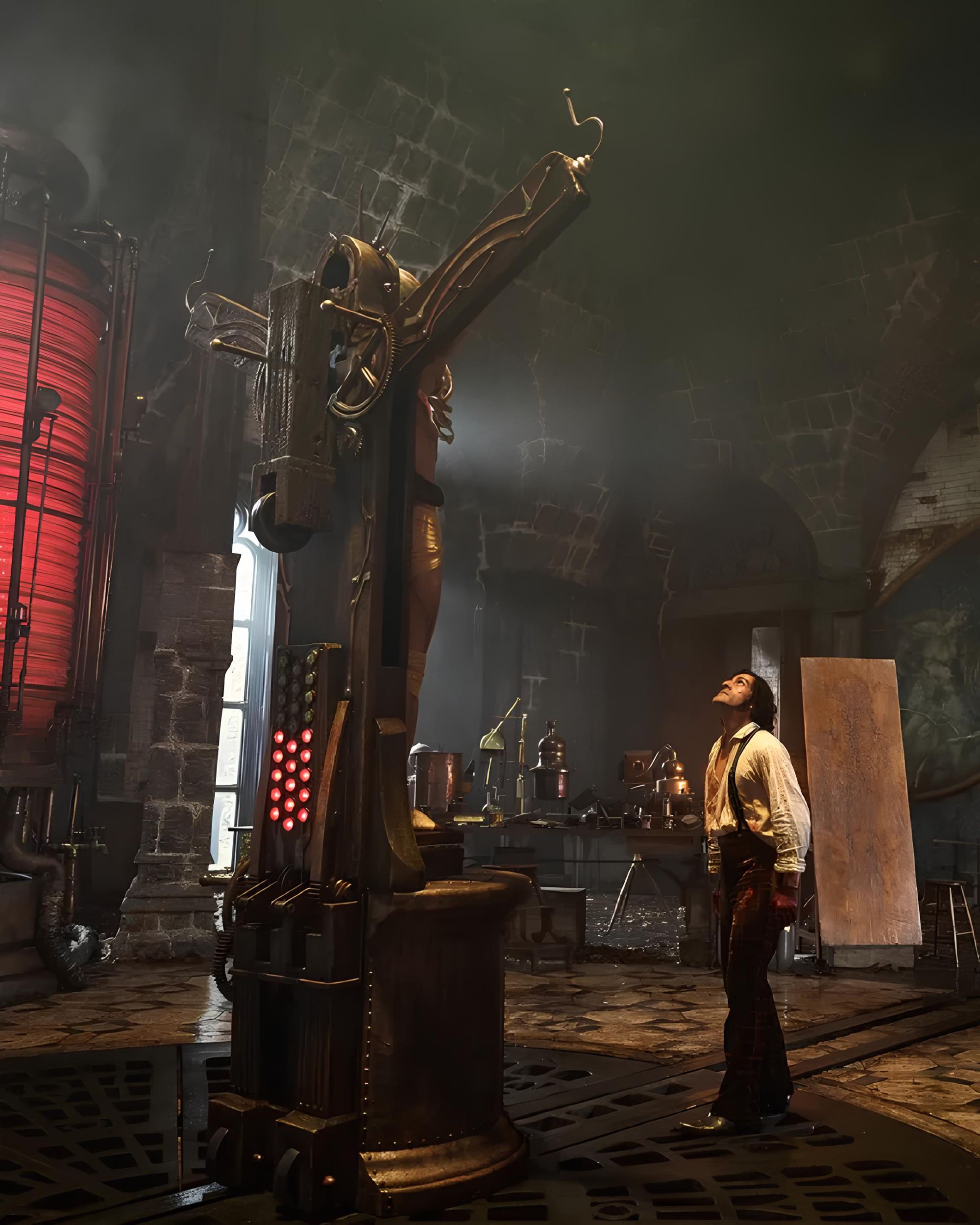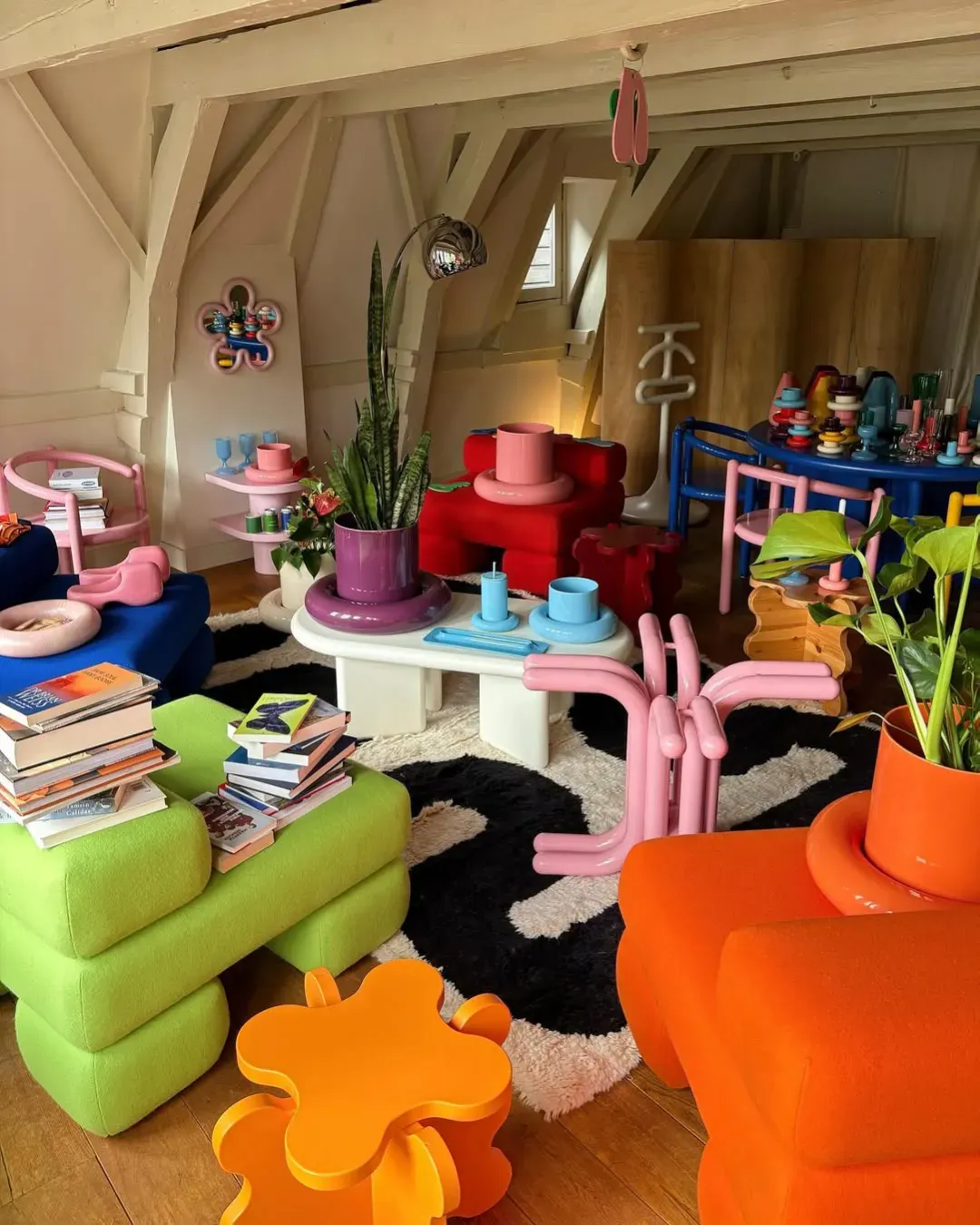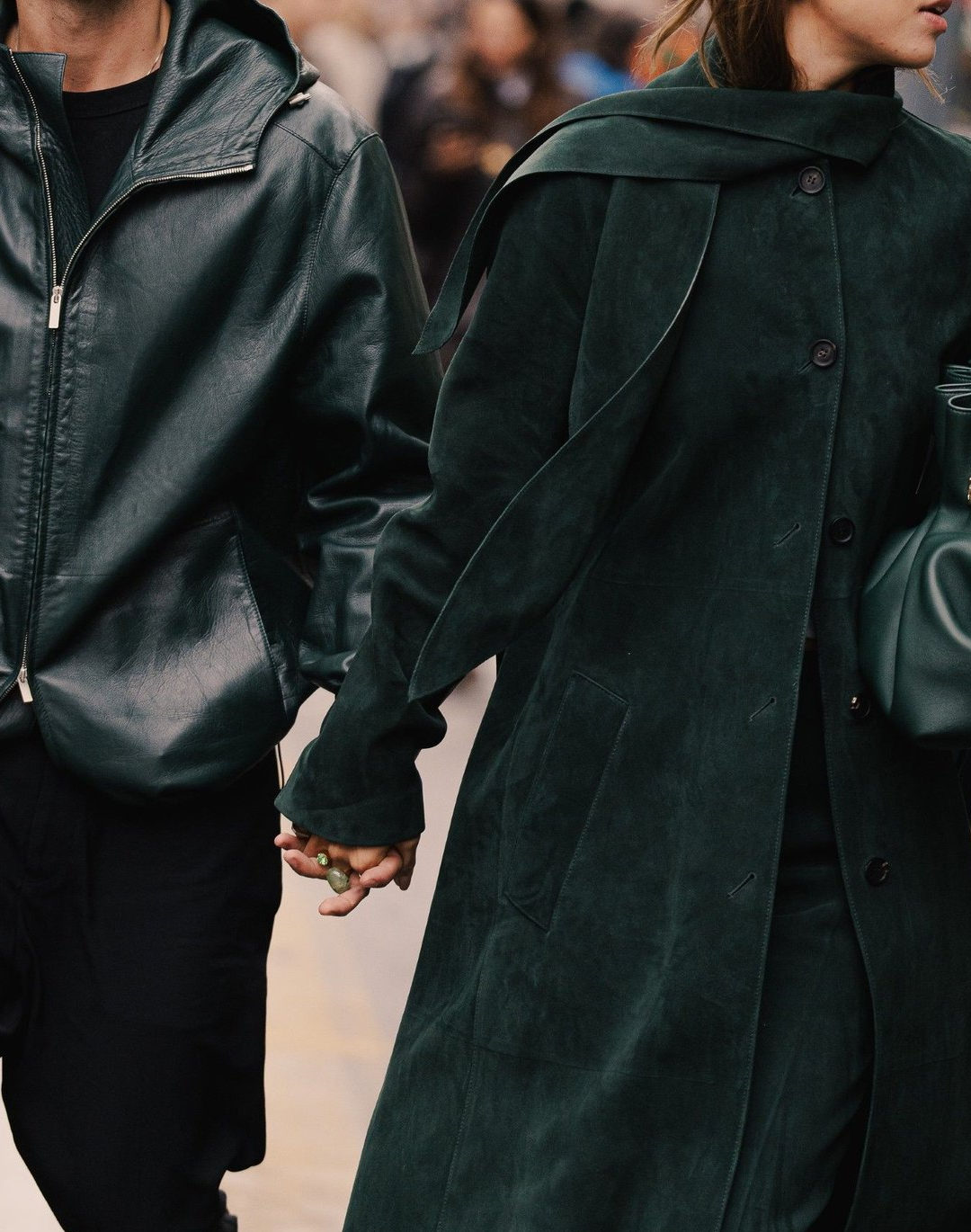
The home of the future according to IKEA The Swedish giant opens 'Home of Tomorrow', the first completely eco-friendly home
According to some IKEA researches, by 2050 70% of the population will live in the city. This possible scenario warns about the need to completely rethink the spaces in which you live. Starting from these premises, IKEA has developed a completely green type-home where you can learn to live in harmony with nature: Home of Tomorrow, whose name speaks for itself.
Recovered from an over 120-year-old abandoned building in Szczecin, Poland, the Home of Tomorrow is a sharing space where the public can embrace a more sustainable lifestyle and learn which eco-friendly solutions to introduce also in their own homes. This is the first IKEA project in the field of total housing sustainability and was launched to raise public awareness of the company's eco-sustainable initiatives, before the opening of its first store in Szczecin, scheduled for early 2021. Until then, tomorrow's temporary home will host seminars and several meetings with residents where local authorities will be able to discuss waste management solutions.
The idea of the design behind the project is that of a soil-free garden that uses water-saving methods to grow fruit, vegetables and even edible mushrooms. Everything can be done inside the same building: from the re-use of organic waste that is transformed into fertilizer, to the recycling of water to irrigate plants. The solutions proposed by IKEA face future challenges that are already more urgent than ever, as well as the need to live in healthier and greener spaces.
Still, Ikea's Home of Tomorrow, however pioneering, is not the first experiment in terms of housing sustainability. Not far from Sidney, Australia, a few days ago Welcome to Jungle House was inaugurated, a sustainable carbon-free home that produces its own energy and food and recycles all its waste; the house is also open to other people to show them what can be achieved. In Italy, on the hills between the Langhe and Monferrato, in the autumn of 2019 Ecolibera® was launched: it is the first residential complex that is self-sufficient thanks to the renewable energy. Despite it doesn't embrace the full immersion in nature proposed by IKEA, Ecolibera® also looks at food self-production and thanks to its photovoltaic systems it allows the operation of a hydroponic greenhouse in order to grow fruit and vegetables all year, regardless of the season.
The step taken by IKEA towards sustainable production is important, because it comes precisely from the leader-company in the production of home furnishings. Marked by a simple and functional design, in recent years IKEA ended up dictating a very precise aesthetic taste, a true phenomenon of "Ikeanisation" of all our homes. Who doesn't have at least one Billy library at home? In this sense, the go-green choice embraced by IKEA on the one hand interprets a trend that has caught on especially among the young Millennials and Generation Z, represented worldwide by the Greta Thunberg-phenomenon; on the other hand it makes accessible some eco-sustainable solutions that are still looked at with suspicion.
Despite pop culture has always imagined a hyper-technological future that seems to have come out of 2001: A Space Odyssey, a world made of holograms, touch-screens and a minimal design, for some years now it has been it is clear that sustainability is the future. In preparation for a future that is entirely sustainable, Home of Tomorrow is open to all, in full respect of the health emergency.


































































